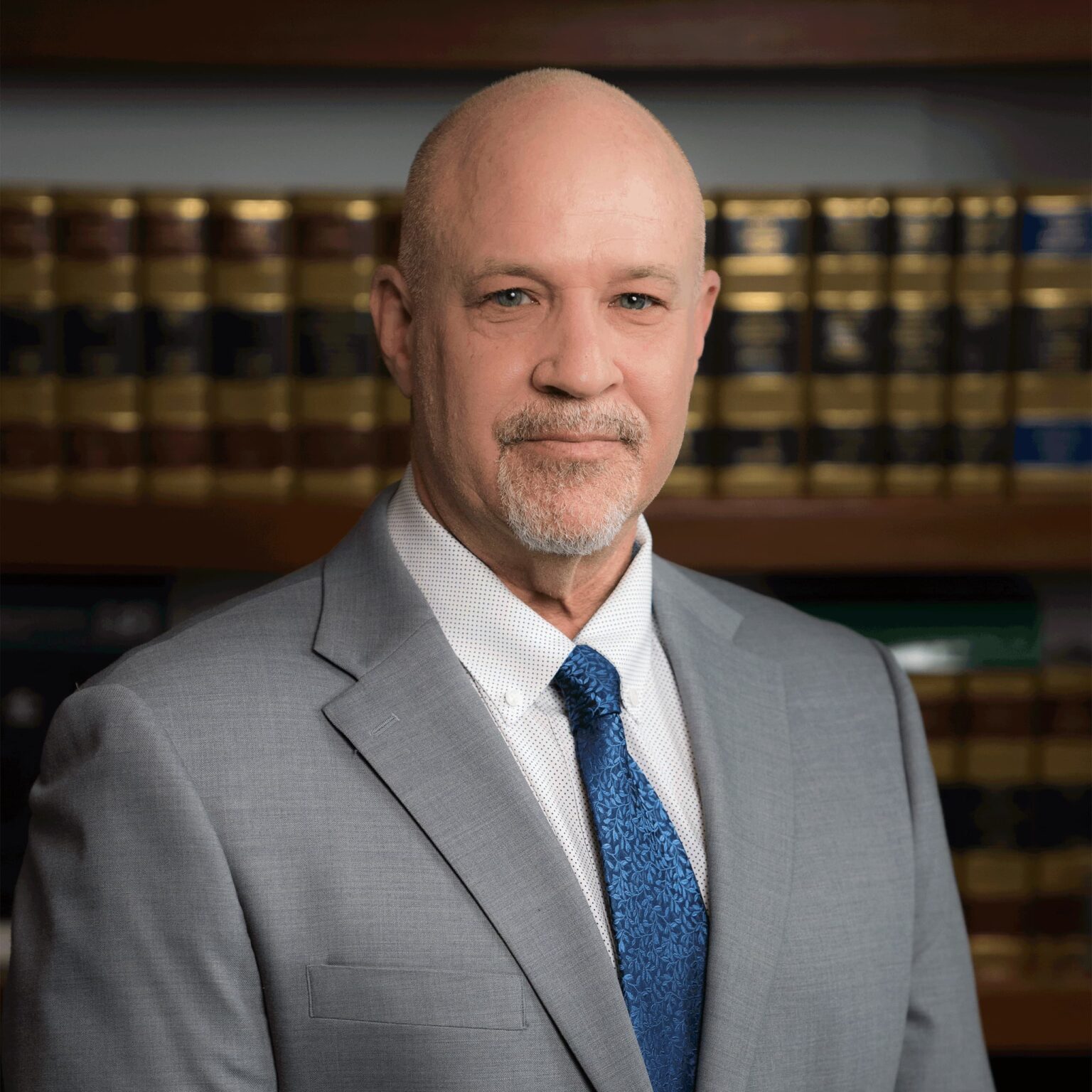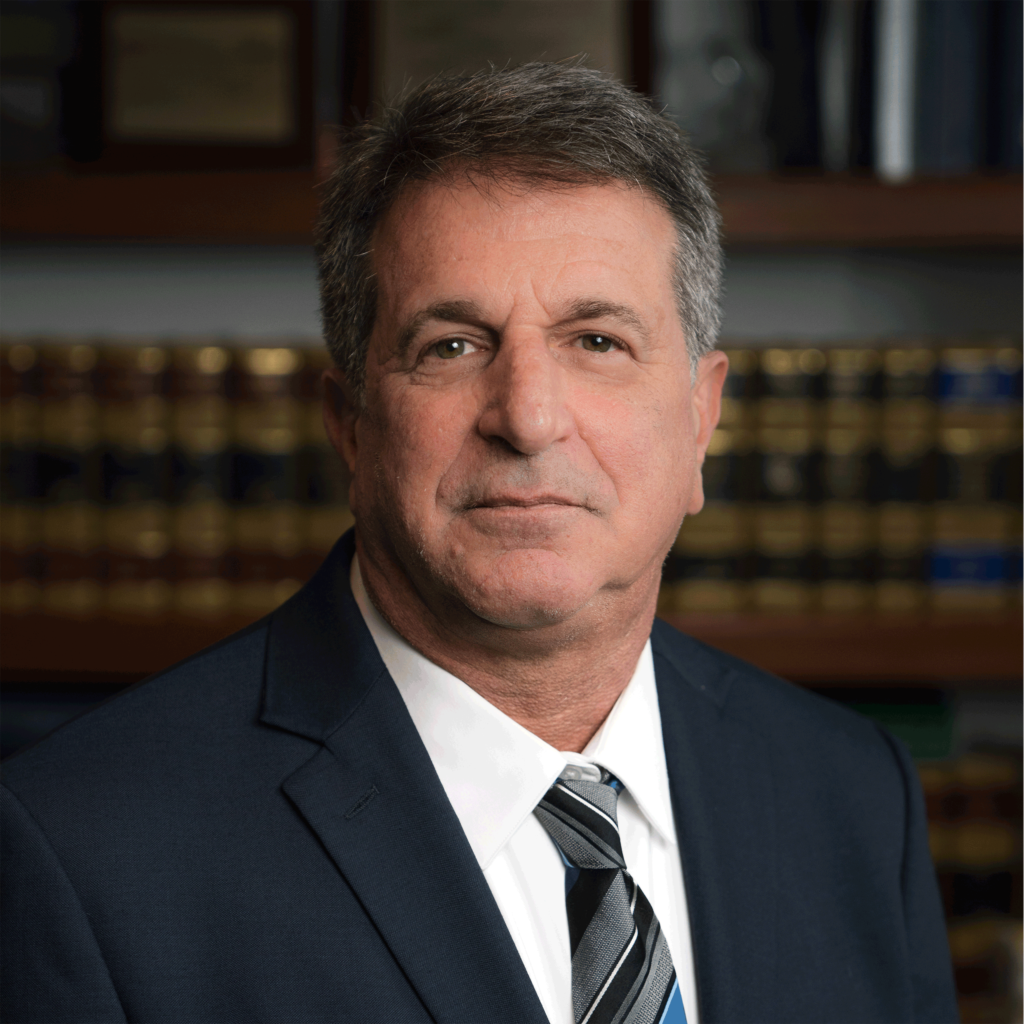The warm Florida sun and endless coastline beckon cyclists with a promise of freedom and adventure. But for those traversing South Florida’s roads on two wheels, the idyllic scene can sometimes mask a harsher reality if you get hit by a car. According to the Florida Highway Safety and Motor Vehicles crash dashboard, in 2023 alone, over 904 bicycle accidents occurred in Miami-Dade County, highlighting the risks cyclists face. These weren’t mere fender benders; out of the 835 reported injuries, nearly 20% of these incidents resulted in serious injuries like head trauma and broken bones. And sadly, 21 cyclists lost their lives this year.
While we hope you never experience such a situation, the reality is that accidents happen. That’s why being prepared before your next ride is crucial. Knowing what steps to take in the aftermath of a bicycle accident can make a significant difference in ensuring your safety, protecting your legal rights, and navigating the road to recovery.
In this blog, we’ll share essential steps every cyclist should be familiar with, from prioritizing immediate safety to gathering evidence and seeking medical attention. We’ll also share some tips for staying safe on the road.
But if, despite your best efforts, you find yourself injured in a bicycle accident, know that you’re not alone. We understand the challenges you face and are here to support you every step of the way. Don’t hesitate to reach out for a free consultation – call us at (954) 424-1440 to speak with a Plantation bicycle accident attorney.
Now, let’s delve into the 7 crucial steps you should take after a Florida bicycle accident.
1. Ensure Your Safety and Assess Injuries
- Move to safety: If physically capable, carefully move yourself and your bike out of traffic to a sidewalk or safe area. Use traffic cones or flares if available.
- Call for help: Dial 911 immediately. Clearly state your location and the nature of the accident. Stay calm and provide any specific details about the driver or vehicle.
- Assess injuries: Be thorough. Don’t ignore seemingly minor aches or pains. Check for head trauma (dizziness, nausea), limb pain, bleeding, broken bones, and neck or back pain. Shock can mask pain, so err on the side of caution.
- Wait for assistance: Avoid unnecessary movement if injured. Make yourself visible with flashing lights or reflective gear. Make mental notes on details you might forget later, like weather conditions or the driver’s behavior.
2. Contact Law Enforcement
- Stay at the scene: Leaving the scene of an accident is illegal and can seriously jeopardize your legal claims. Wait for the police to arrive.
- Cooperate with officers: Provide a clear and factual account of the accident. Stick to the details without speculation or emotional outbursts. Answer questions honestly but avoid admitting fault.
- Request a copy of the report: Ask for the report number and request a copy for your records. This document will be crucial for insurance claims and any legal action.
3. Gather Evidence
- Document the scene: Use your phone to capture photos and videos from various angles. Focus on key details like skid marks, traffic signals, damage to vehicles and your bike, nearby landmarks, and weather conditions. Note the time of day.
- Draw a diagram: Sketch a simple diagram showing the positions of all parties involved at the time of the collision. Include the direction of travel and any road markings.
- Collect witness information: Approach any bystanders who witnessed the accident politely. Thank them for their time and get their full names, contact information, and brief statements. Record their statements if they agree, using your phone’s audio recorder. Witness accounts can be invaluable for corroborating your story.
4. Protect Your Rights
- Do not admit fault: Avoid blaming yourself or others at the scene. Stick to factual statements regarding the accident. Even seemingly harmless comments can be misconstrued later.
- Exchange contact information: Obtain the driver’s name, driver’s license number, insurance details, and license plate number of any vehicles involved. Note car models, colors, and any company logos.
- Avoid social media: Resist the urge to discuss the accident online. Anything you post can be used against you later. Stick to offline communication with close friends and family.
5. Seek Medical Attention
- Get immediate care: Even if your injuries seem minor, don’t hesitate to seek medical attention. Visit the nearest emergency room or urgent care facility. Internal injuries like concussions or internal bleeding can remain hidden.
- Document all injuries: Ensure medical records detail your injuries for insurance and legal purposes. Take photos of any visible wounds or damage to your clothing or helmet.
- Follow-up treatment: Schedule a follow-up appointment with your primary care physician and attend all specialist referrals. Adhere to prescribed treatment plans to optimize your recovery.
6. Consider Consulting an Attorney
- Seek legal advice: An experienced Florida bicycle accident lawyer can be your advocate. They can investigate the accident, gather evidence, understand your legal options, and negotiate with insurance companies to ensure you receive fair compensation for medical expenses, lost wages, and pain and suffering.
- Know your rights: An attorney can clarify your legal options, including filing a personal injury lawsuit against the negligent party. They can guide you through the legal process and protect your interests.
- Negotiate with insurance companies: Leave the insurance battles to your attorney. They know how to deal with insurance adjusters and can negotiate a fair settlement on your behalf.
7. Prioritize Your Recovery
- Focus on healing: Take time to recover from your physical and emotional injuries. Rest, follow doctor’s orders, and prioritize your well-being. Don’t rush back to your regular activities before your body is ready.
- Seek support: Consider joining a support group for bicycle accident survivors to connect with others who understand your experience. Sharing your story and learning from others can be a valuable source of support and healing.
Tips for Staying Safe on the Road
While navigating the aftermath of an accident is crucial, the best defense is a good offense. Here are some proactive tips to help you avoid a crash on your Florida bike ride:
Be Visible, Be Predictable
- Lights out: Equip your bike with front and rear lights, and use them day or night. Reflectors on your bike and clothing can enhance visibility.
- Dress to be seen: Opt for bright or neon clothing, especially at dawn, dusk, and in low-light conditions.
- Signal your intentions: Clearly communicate your turns and stops using hand signals well in advance.
- Ride predictably: Follow the rules of the road, obey traffic signals, and avoid weaving or erratic movements.
See and Be Seen
- Head on a swivel: Be mindful of your surroundings. Scan for potential hazards like parked cars, opening doors, and oncoming traffic.
- Use a bike mirror: Consider using a bike mirror to gain rearview awareness.
- Stay off headphones: Headphones can block important auditory cues like car horns and sirens. Tune into your surroundings for safety.
- Choose your lane: Ride in the direction of traffic, close to the right curb unless designated bike lanes are available.
Gear Up for Safety
- Helmet first: Always wear a properly fitted helmet that meets safety standards. It’s your brain’s best friend.
- Brake check: Ensure your brakes are in good working order and regularly test their responsiveness.
- Inflate for control: Keep your tires properly inflated for optimal traction and handling.
- Maintain your ride: Regularly check your bike for worn components, loose cables, and malfunctioning parts. Fix or replace anything compromised before hitting the road.
Ride Smart, Ride Safe
- Plan your route: Choose familiar, well-maintained roads with dedicated bike lanes whenever possible.
- Avoid peak traffic: Consider riding during off-peak hours to minimize exposure to heavy traffic.
- Hydrate and rest: Take breaks along your ride to stay hydrated and avoid fatigue, which can impair your judgment.
- Ride sober: Never operate a bike under the influence of alcohol or drugs. Your reflexes and reaction time are crucial for safety.
Remember, knowledge is power! By incorporating these safety tips into your cycling routine, you can dramatically reduce your risk of accidents and enjoy the open road with confidence.
Get the Help You Need After a Bicycle Accident in Florida
When you’ve been injured in a bicycle accident in South Florida, you need more than just a South Florida personal injury lawyer. You need a dedicated ally who understands the unique challenges you’re facing. That’s where we come in. With over 30 years of experience advocating for clients injured due to the negligence of another, we are here to:
- Defend your rights: Securing fair compensation for your injuries and holding negligent parties accountable.
- Smooth the path: Managing insurance claims, legal paperwork, and medical bills so you can focus on healing.
- Stand by your side: Providing unwavering support and guidance every step of the way.
Don’t face the aftermath of a bicycle accident alone. Contact us today at (954) 424-1440 or fill out our online form for a FREE consultation. Our goal is to provide empathetic and individualized legal support, tailored to your specific circumstances. We will personally fight for your rights!
Copyright © 2024. Cohen and Juda, P.A. All rights reserved.
The information in this blog post (post) is provided for general informational purposes only and may not reflect the current law in your jurisdiction. No information in this post should be construed as legal advice from the individual author or the law firm, nor is it intended to be a substitute for legal counsel on any subject matter. No reader of this post should act or refrain from acting based on any information included in or accessible through this post without seeking the appropriate legal or other professional advice on the particular facts and circumstances at issue from a lawyer licensed in the recipient’s state, country, or other appropriate licensing jurisdiction.
Cohen and Juda P.A.
8211 W Broward Blvd, Suite 310
Plantation, FL 33324
(954) 424-1440
https://www.cohenandjudaflorida.com/





